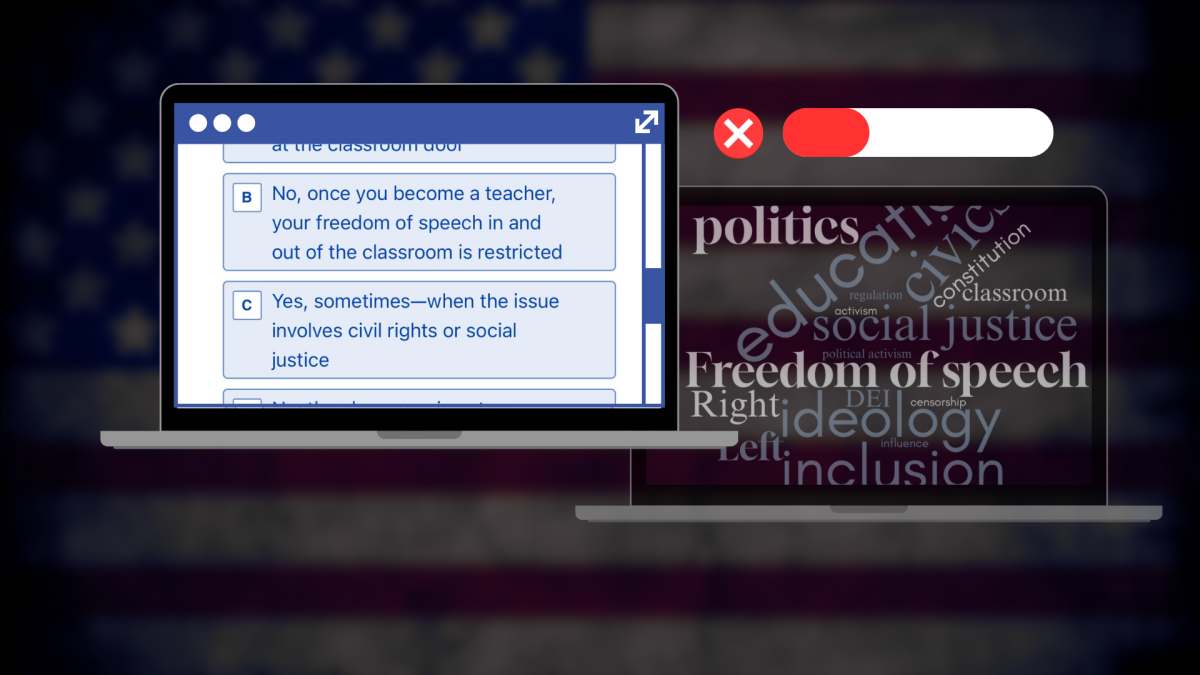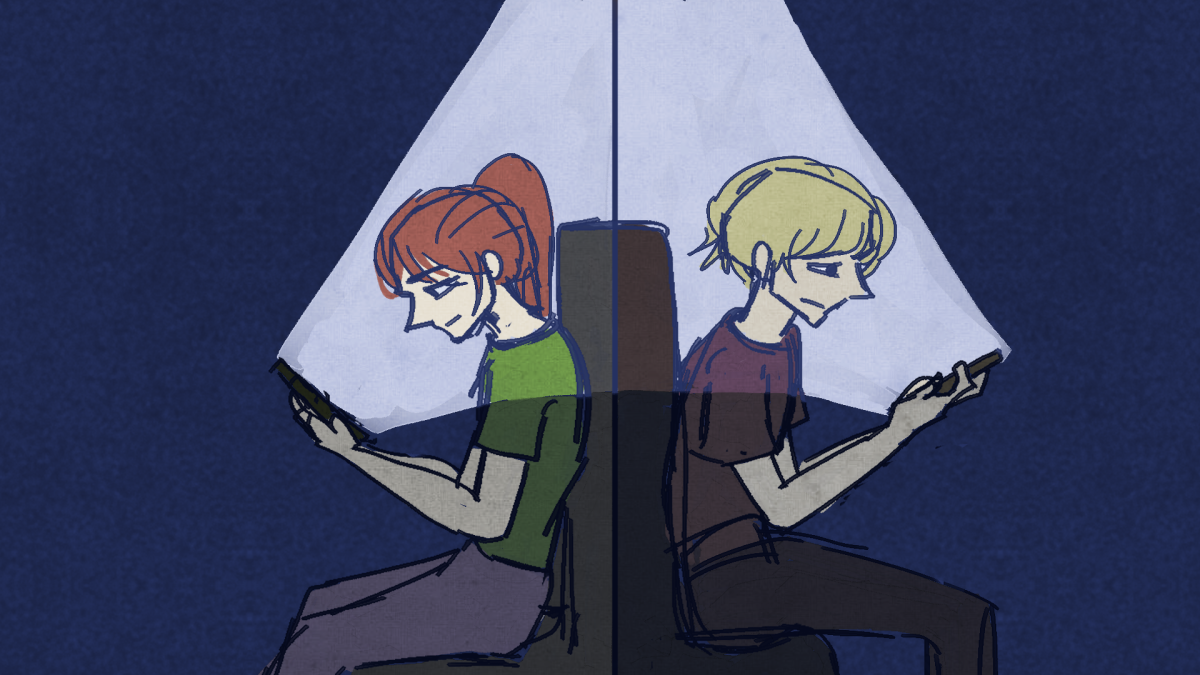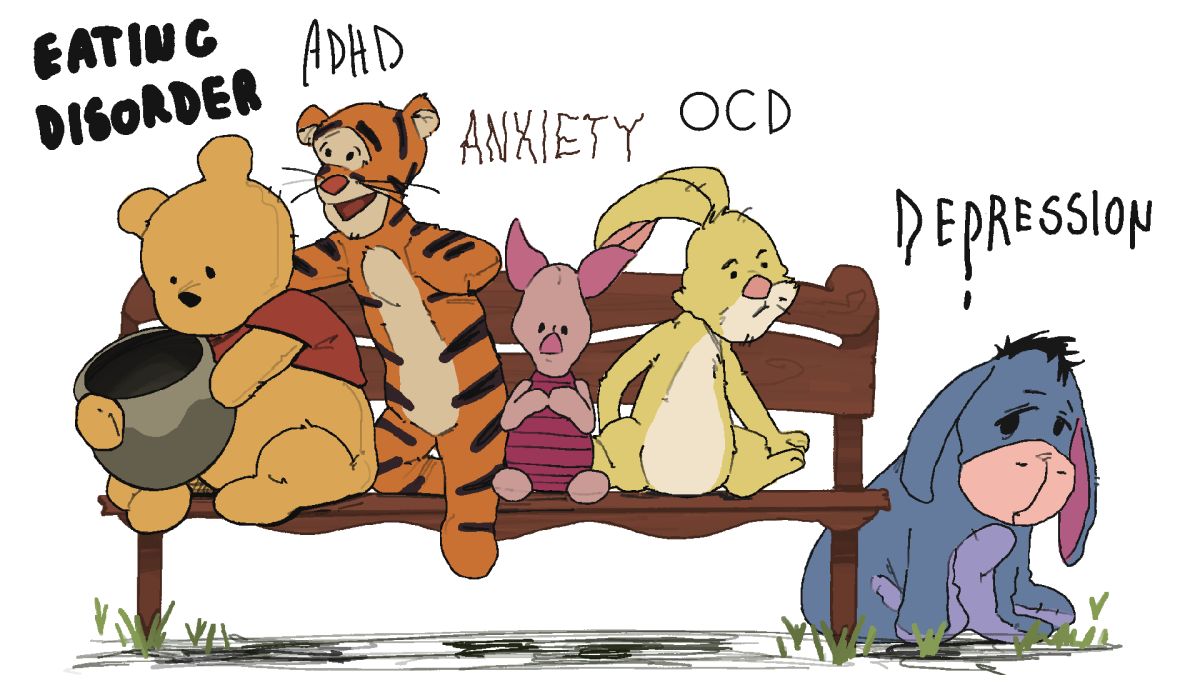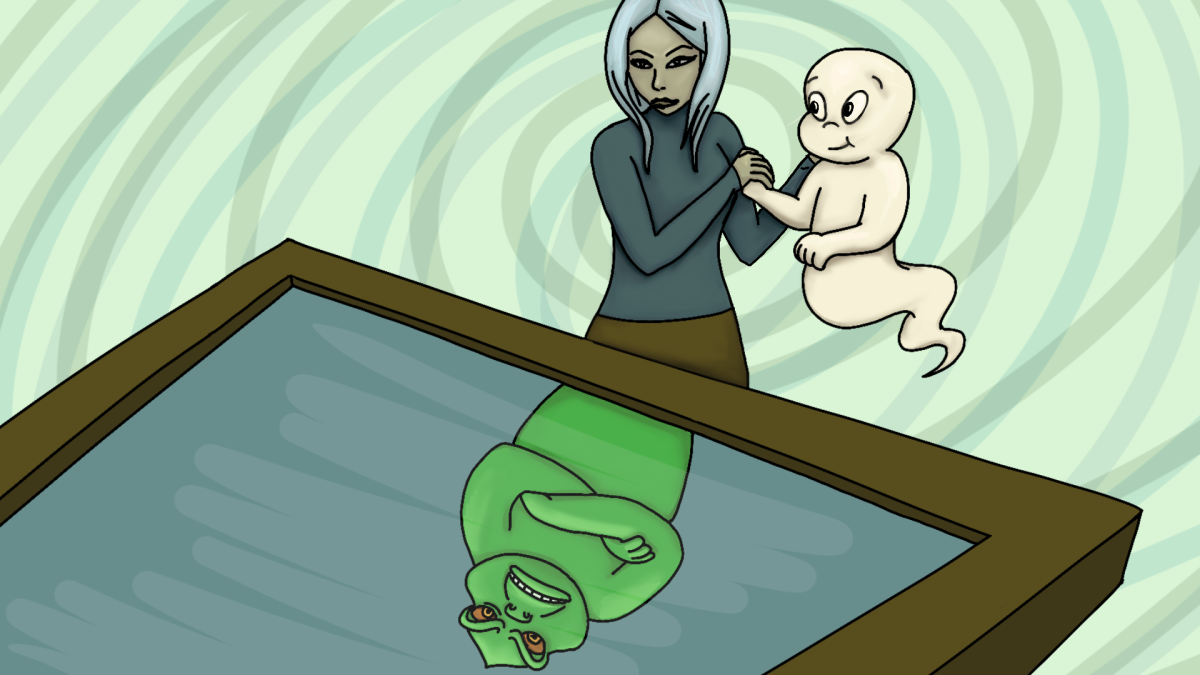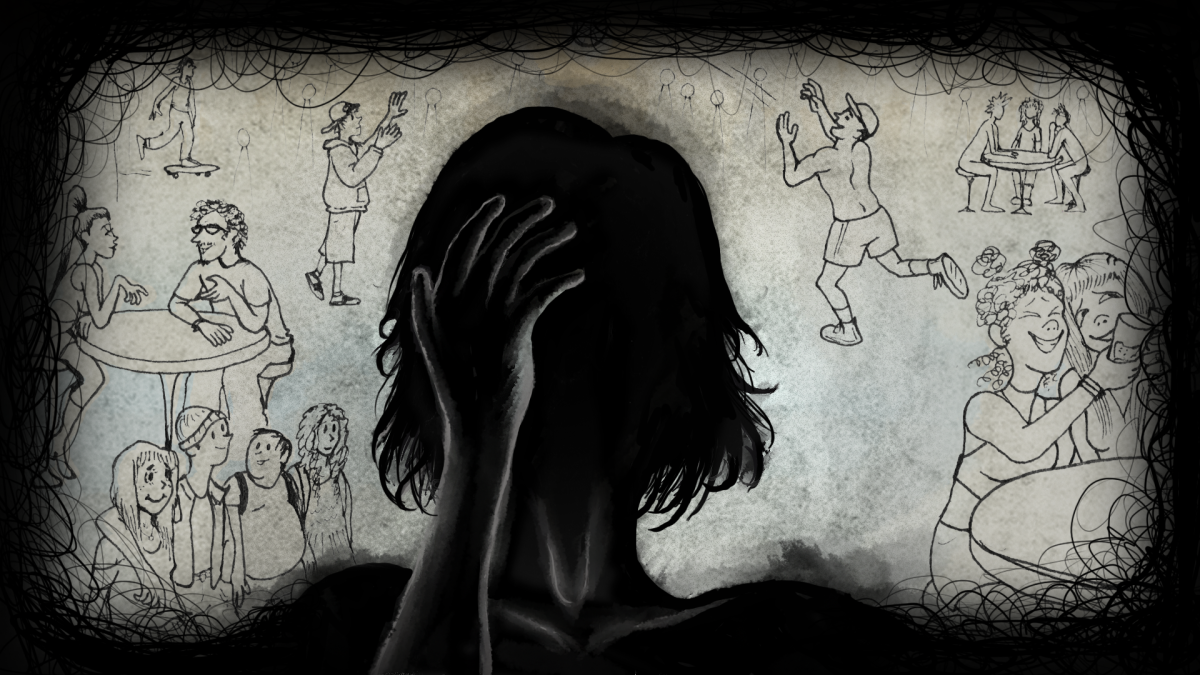In a recent Reddit post, one user voiced a struggle that all too many students in their fourth year as an undergraduate can resonate with. It said, “Any other seniors getting smacked by senioritis right now? Motivation = 0.”
Senioritis, as many of us first come to know in our senior year of high school, is an unfortunately timed dip in motivation to do school work right when it matters most. As an undergraduate, it sneaks up during the last semester before you graduate and transforms you into the bedridden sloth you spent your whole college education fighting against.
In my experience, unfinished assignments pile up, my inbox overflows with unread emails and all distractions are welcome. I wake up (admittedly as close to the start time of my first class as possible), achieve the bare minimum to get through the day and try my best to avoid thinking about the deadlines approaching me faster than I wish to keep up. I’m not alone in this infectious phenomenon either, as the very word “senioritis” suggests.
The comments from other Redditors all confirmed the almost inevitable experience of senioritis, with one saying, “oh god the senioritis is so bad, i have consistent group work in four classes and none of us seem to be keeping up.”
Another said, “I have stopped watching all of the lectures my prof keeps posting,” which points to how online and asynchronous classes haven’t helped the issue. If anything, they’ve only made it worse. They require a level of self-accountability that seniors are notorious for losing, which has only been exacerbated by the struggles brought on by COVID-19.
It’s no secret that the pandemic has worsened students’ mental health and has caused many to experience a lack of motivation to stay on top of school work over the past year. This is something NC State still struggles to amend, as wellness days remain unpopular and reportedly ineffective at providing reprieve from screen time and schoolwork in the absence of a spring break.
Those wellness days were no cure for senioritis either, as I’ve now spent all four just as unmotivated and burnt out as I would have been without them. It’s hard to pinpoint why it happens so close to the finish line, as we all know that we’ll be rewarded for our efforts with a diploma soon enough. But this thought doesn’t seem to generate the dopamine necessary to power through the final stretch with the same ferocity we once had.
The solutions vary just as much as the causes, but punishing yourself for experiencing senioritis is no way to solve it. I’ve learned that it’s better to celebrate the little accomplishments and to forgive yourself when you miss the mark. After all, having survived almost four years of school, it should be clear that senioritis doesn’t define you or your work ethic.
Professors should be mindful of this as well. On more than one occasion, I’ve experienced anxiety over how my performance this year affects how I am perceived as a student. Ultimately, whenever my professors have expressed their support for struggling students, it has helped to quell this anxiety which can often act as a barrier to productivity.
While there is no cure for senioritis that I know of, I do know that by practicing kindness with yourself and with others, and by leaning on established support systems, we can all finish the semester strong.



